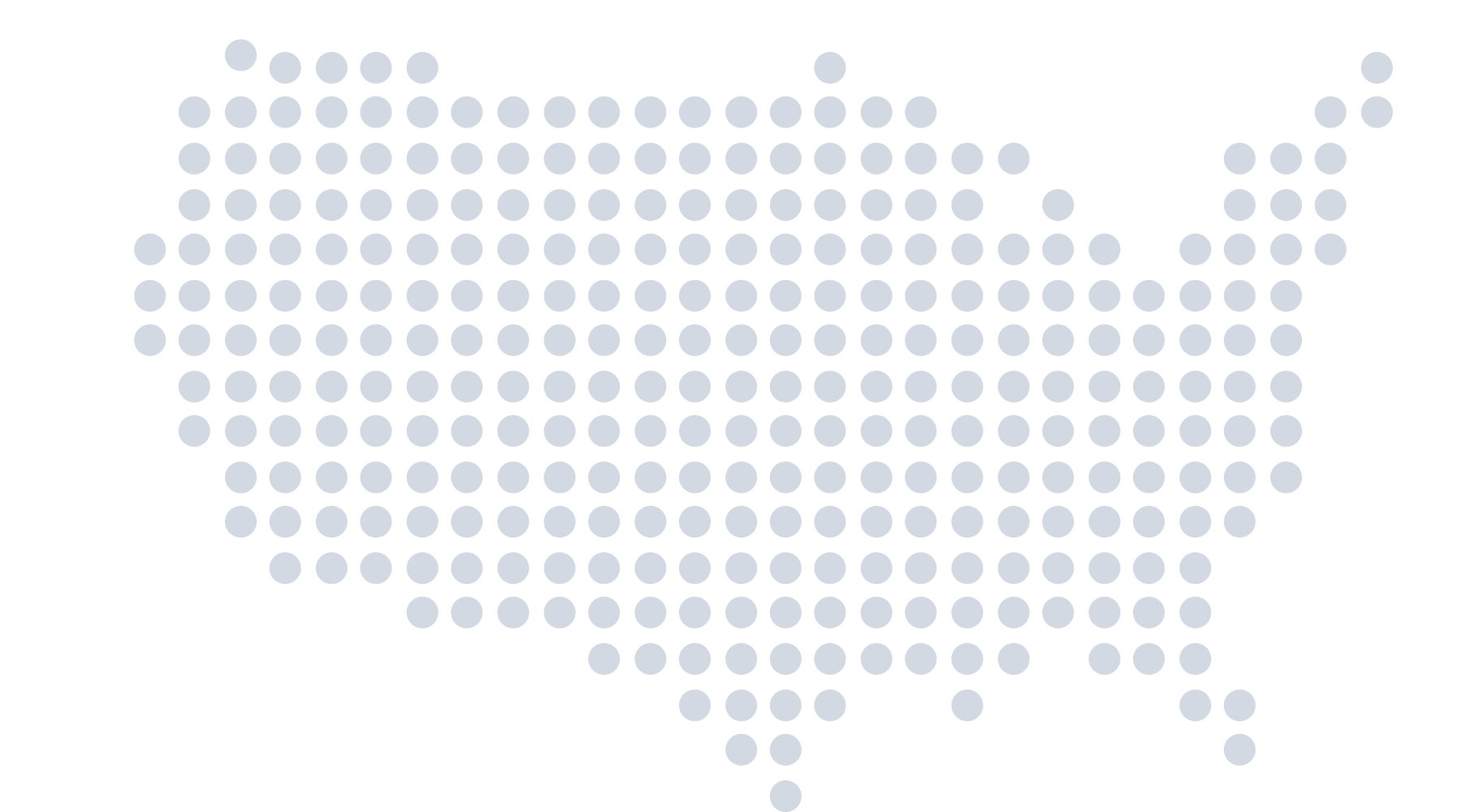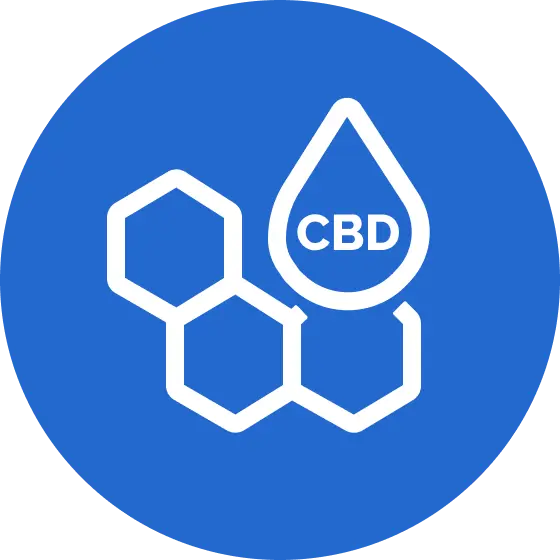
Industries
CBD Merchant Account & Credit Card Processing
With more states legalizing the medicinal and recreational use of marijuana, cannabidiol (CBD) businesses are thriving in the United States. However, the industry is still considered high-risk, and CBD companies face unique challenges. That means if you're one of the many entrepreneurs who have jumped into the CBD market with both feet, you'll need a high-risk merchant account for CBD to process credit or debit card transactions. Zen Payments provides the best CBD merchant processing and accounts for cannabis products. As pioneers in the field, we specialize in providing secure, efficient, and compliant CBD credit card processing solutions tailored to meet the specific needs of CBD businesses.
CBD Is a
High-Risk Industry
With more states legalizing the medicinal and recreational use of marijuana, cannabidiol (CBD) businesses are thriving in the United States. However, the industry is still considered high-risk, and CBD companies face unique challenges. That means if you're one of the many entrepreneurs who have jumped into the CBD market with both feet, you'll need a high-risk merchant account for CBD to process credit or debit card transactions.
Zen Payments provides the best CBD merchant processing and accounts for cannabis products. As pioneers in the field, we specialize in providing secure, efficient, and compliant CBD credit card processing solutions tailored to meet the specific needs of CBD businesses.
Boost Your Business With a High-Risk
Merchant Account from Zen Payments
- Expertise: We have extensive industry knowledge and are pioneers in the field of CBD payments
- Payment Efficiency: We make accepting credit card payments seamless, driving growth and maximizing revenue potential
- Multiple Processing Options: Credit card processing isn't all we do. We also accept PIN-Debit, gift cards, EBT, e-check, and more.
- We Understand CBD Regulations: We understand the strict CBD rules and regulations and how to minimize risks.
At Zen Payments, we are the CBD payment processing solution you need. Not only do we understand the risks of CBD, we know how to mitigate them. Our strict underwriting process paired with our chargeback protection is what makes us the nation's go-to provider of CBD merchant accounts. We get you approved for the long haul, at a better rate than any of your short-term solutions. There's no better company to partner with for your CBD merchant account services.

The Best Solution For
CBD Merchant Accounts
Finding a CBD merchant account and payment processor can be difficult. This is due largely to the amount of regulation from national and local governments and card brands. They see CBD credit card transactions as risky, and all companies selling CBD as high-risk merchants. This means you need to partner with a processing company that has a history of making compliance their top concern. Many companies won't board CBD merchants because of all of the compliance measures that it requires.
We believe this is a big opportunity for us. It is clear that the CBD industry is changing people's lives, and many great merchants are doing their part to help. We want to help you get a CBD merchant account and get your business processing payments for your CBD products! We are a CBD merchant processing company that knows the ins and outs of the CBD industry and will make sure that you get approved for a stable long-term merchant account that will grow with you and your business. Zen Payments has specialized in high-risk merchant accounts for the last 15 years, and CBD is one of our specialties.
Your Business Needs CBD
Merchant Account Stability
Getting approved for a CBD merchant account with any payment processor is simply not enough, you need to ensure you are set up with a stable long-term merchant account. Many payment processing companies will give you instant approval without formally underwriting your business. This is great until you start processing credit card payments and they realize you are selling CBD products. At this point, they will shut down your account at best, and at worst they will hold your funds for up to 6 months! Many companies like Square, Stripe, and Paypal fit this model. They are not fit to process for high-risk industries, which will lead to funds being frozen and withheld. You need a payment processing company that specializes in working with CBD companies.
That's where we come in! We aren't a typical payment processor. We have worked with CBD merchants for years, and understand your unique needs. We actually underwrite our account before approval and work with our network of 15 banks to make sure that not only do you get the best rate, but you go through an underwriting process that will ensure your account is always able to process payments! With us, your CBD payment processing will be one less thing you have to worry about.
The CBD Market Is Growing - Take Advantage With a
High-Risk Merchant Account for CBD Payments
If you have called around in search of processing for your CBD business, you'll hear the same terminology over and over. You'll hear that you're a high-risk merchant because you are in the CBD industry, and many processors won't work with you without a prior history of processing. This leaves a lot of new CBD merchants in limbo, looking for a solution.
Whether you are a new CBD merchant or need CBD payment processing solutions for your highly established CBD business we are the perfect solution. We give you the services and transparency that you're looking for, without the hidden fees. With over 15 years of securing merchant accounts for hard-to-place merchants, we know the ins and outs of the approval process. Let us get you approved today!
Other Reasons To Make Us Your CBD
Payment Gateway Solution
Examples of the additional benefits of choosing the CBD merchant services from Zen Payments include:
Multiple options
Most dispensary merchant account providers are fortunate to find one banking partner willing to work with companies in this high-risk business. Zen Payments has long-standing relationships with more than 15 reputable financial institutions. With access to such an extensive network, there's an excellent chance we can find one or more payment processors that are a great fit for your business.
Upfront pricing
We believe in total transparency regarding our clients' costs. You'll never have to worry about hidden fees or other surprise charges, no matter how long you have a CBD payment processing account with us. We'll also provide an itemized statement when you sign up with us, eliminating all the guesswork.
Several ways to receive payment
A CBD payment gateway from Zen Payments can provide several options when processing customer transactions. You can accept all major credit cards, including Visa, Discover, MasterCard and American Express. You can also take PIN-Debit, gift cards, EBT, e-check, and more.
Secure processes
You and your customers share concerns about privacy and security during CBD transactions. We ensure that all our merchants are compliant with the Payment Card Industry Data Security Standard (PCI-DSS). Adherence to this standard is mandatory for merchants and vendors, as it ensures maximum protection for customers' credit card data.
Partnership approach
We focus on fostering enduring relationships with our clients. We'll work with your CBD business to develop a long-term strategy that serves your present and future needs. You'll get peace of mind knowing that you'll never need to worry about payment processing again.
Prompt support whenever you need it
If you have a technical issue or questions about your CBD merchant account, we're available and willing to help. You can reach our knowledgeable customer service team by phone during our regular business hours or via email 24 hours a day. If we don't have an immediate answer, we'll find it for you quickly.

Find Your
Zen
Let our experience go to work for you. Zen Payments is the number one choice for CBD merchants who need to process CBD payments. We'll get you set up with a CBD merchant account and payment gateway. Whether you own a retail store or an eCommerce business, we have you covered! When you sign up for CBD payment processing with us, we will be here every step of the way to guide you through the process. We understand the risks inherent to payment processors and merchants in the CBD market and are here to help our clients have the best experience possible.
Need a merchant
Account?
If you're seeking a payment processing platform that can positively impact your business, Zen Payments is here to assist. Get started today by contacting us online or calling our merchant services specialists at 844-661-0725. We'll get you approved quickly so you can accept online donations within a couple of days.
Apply Now






